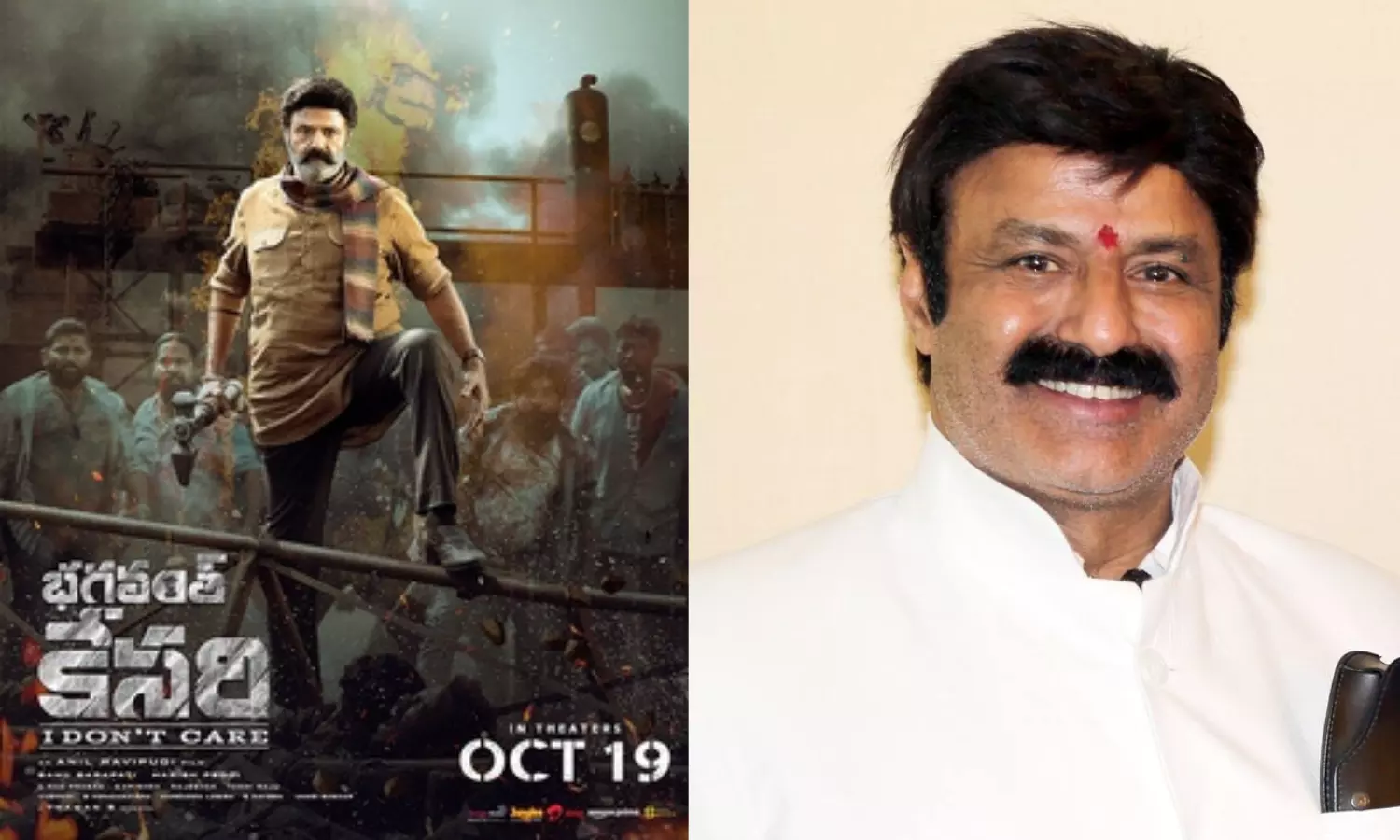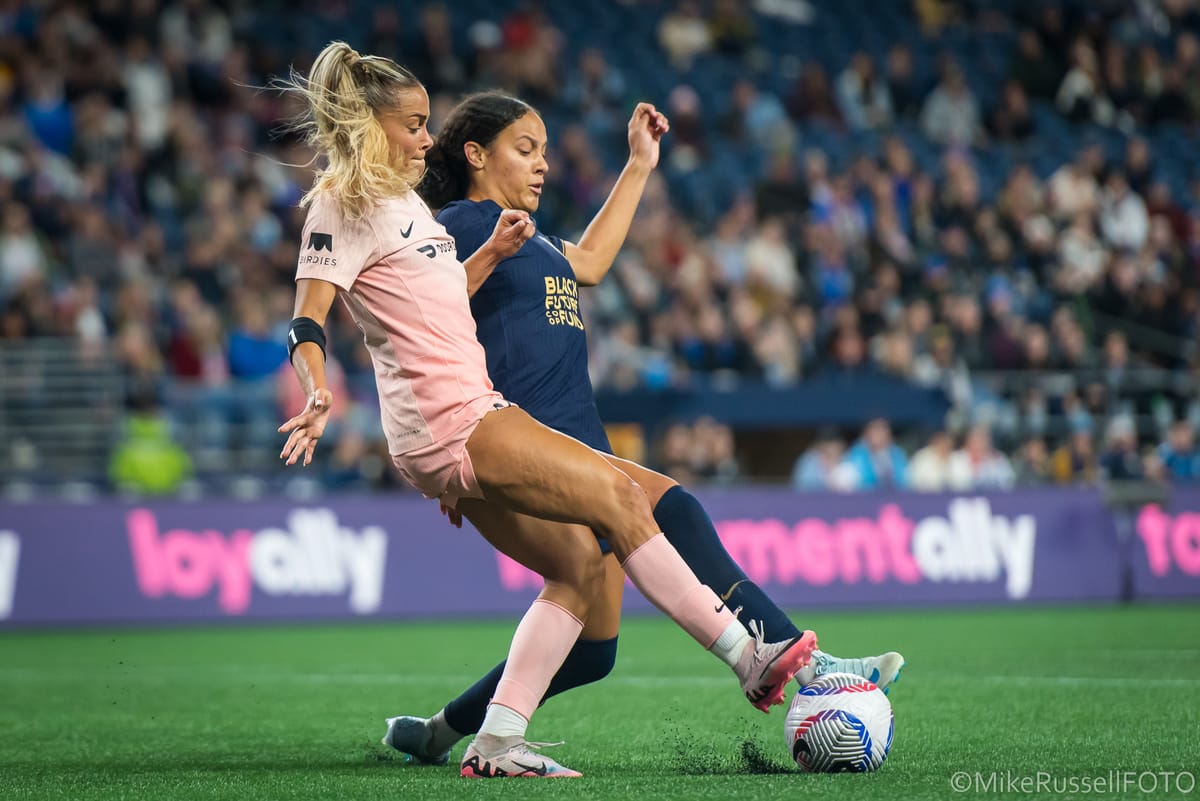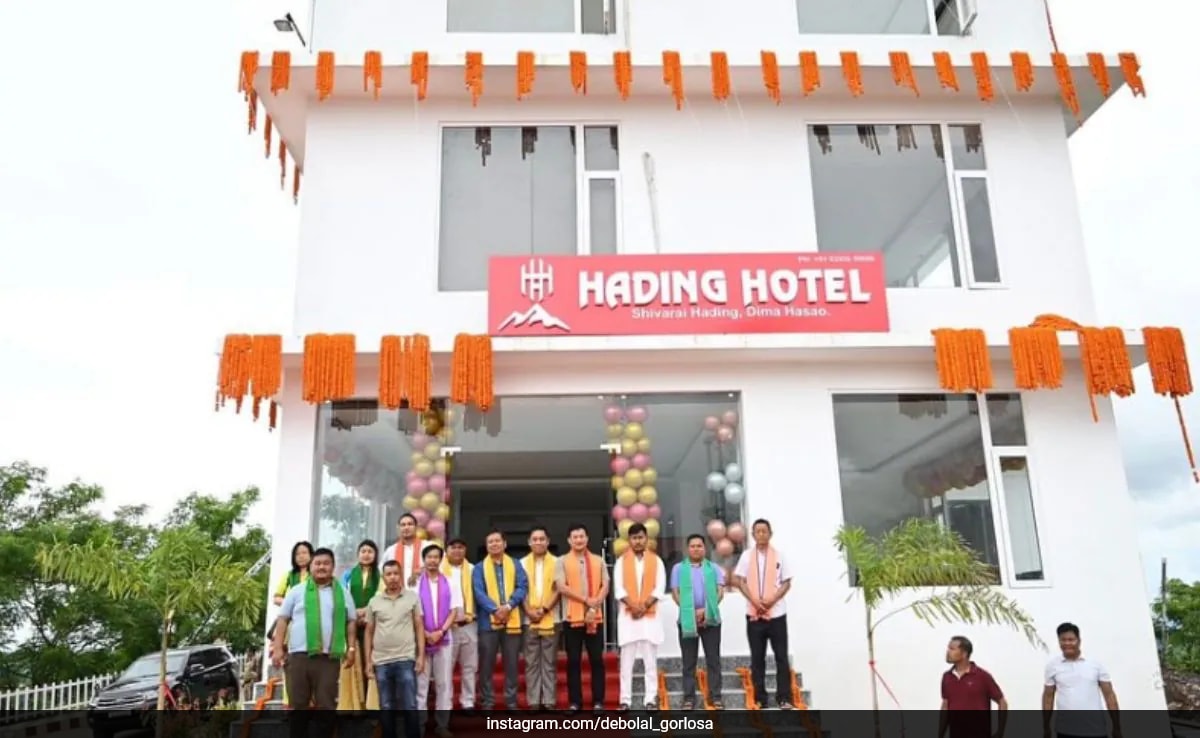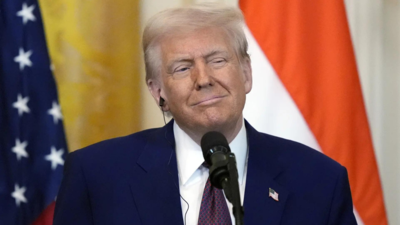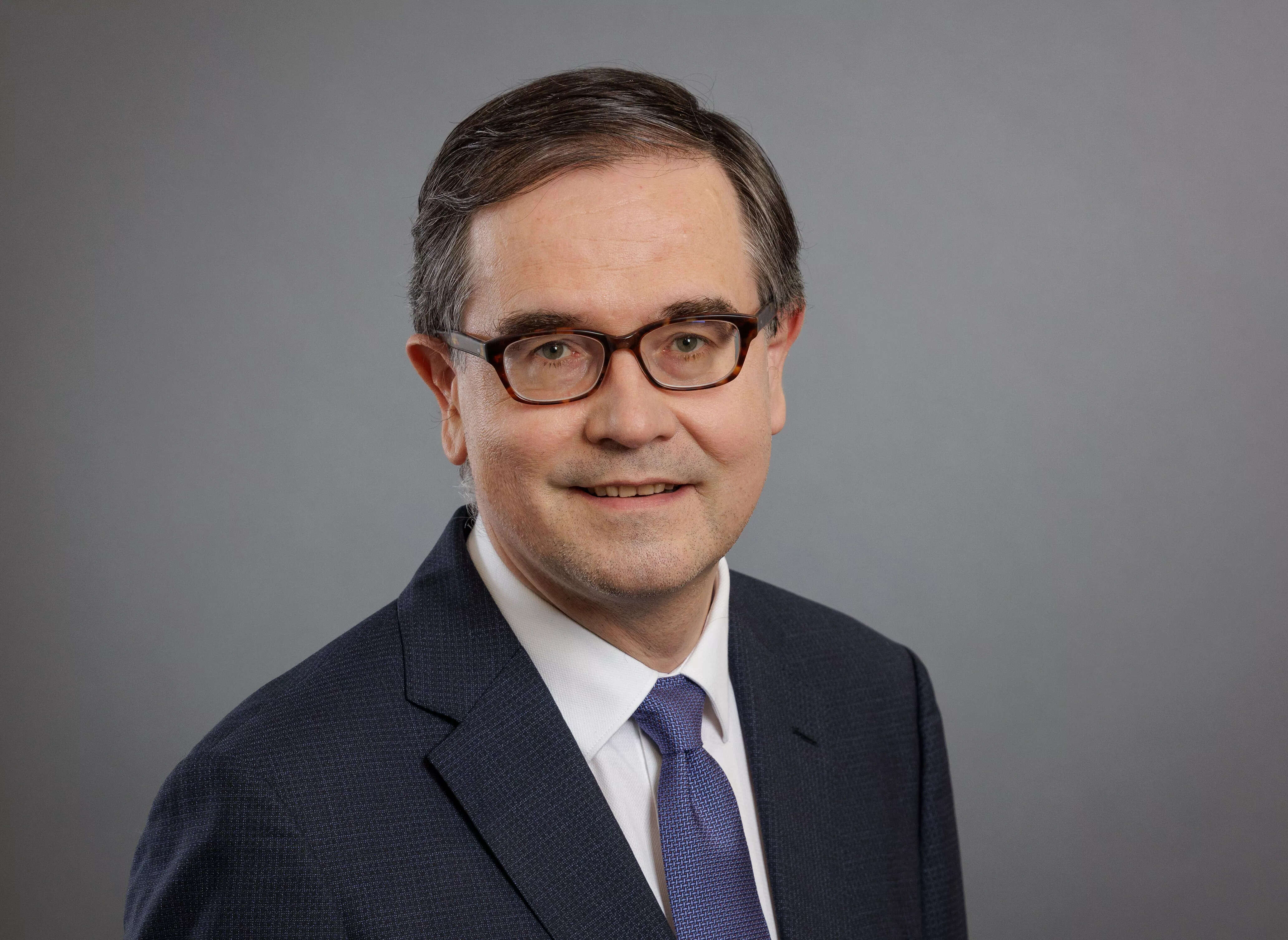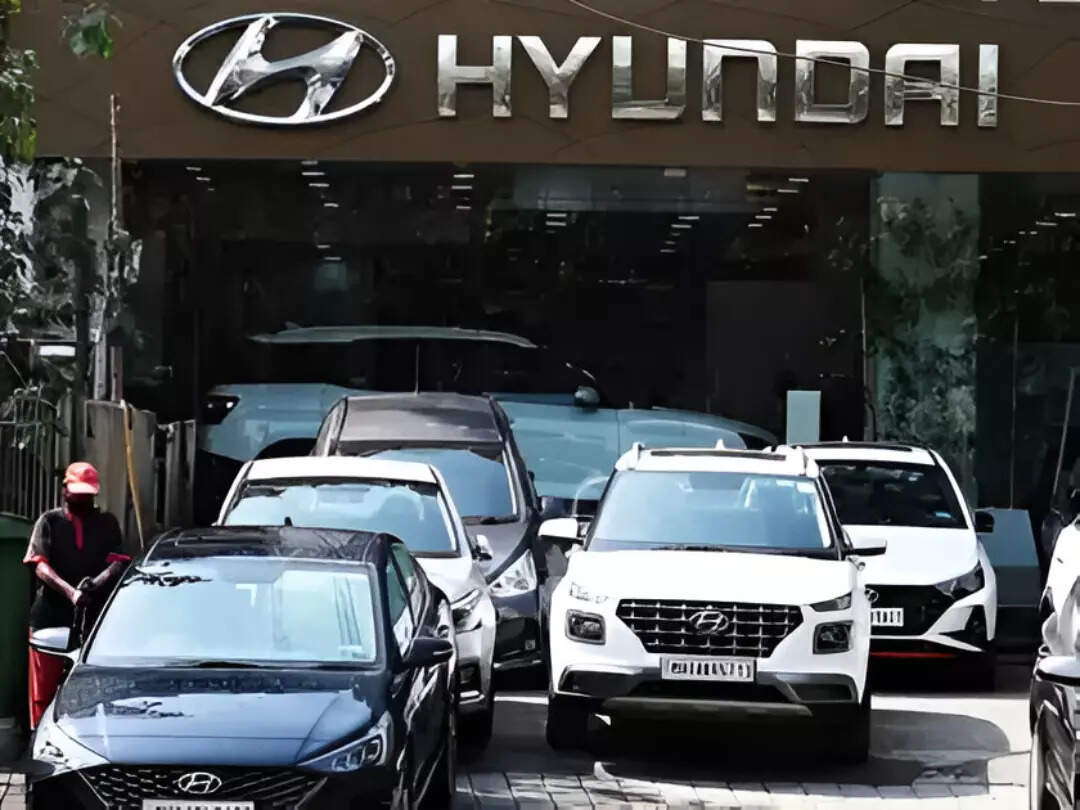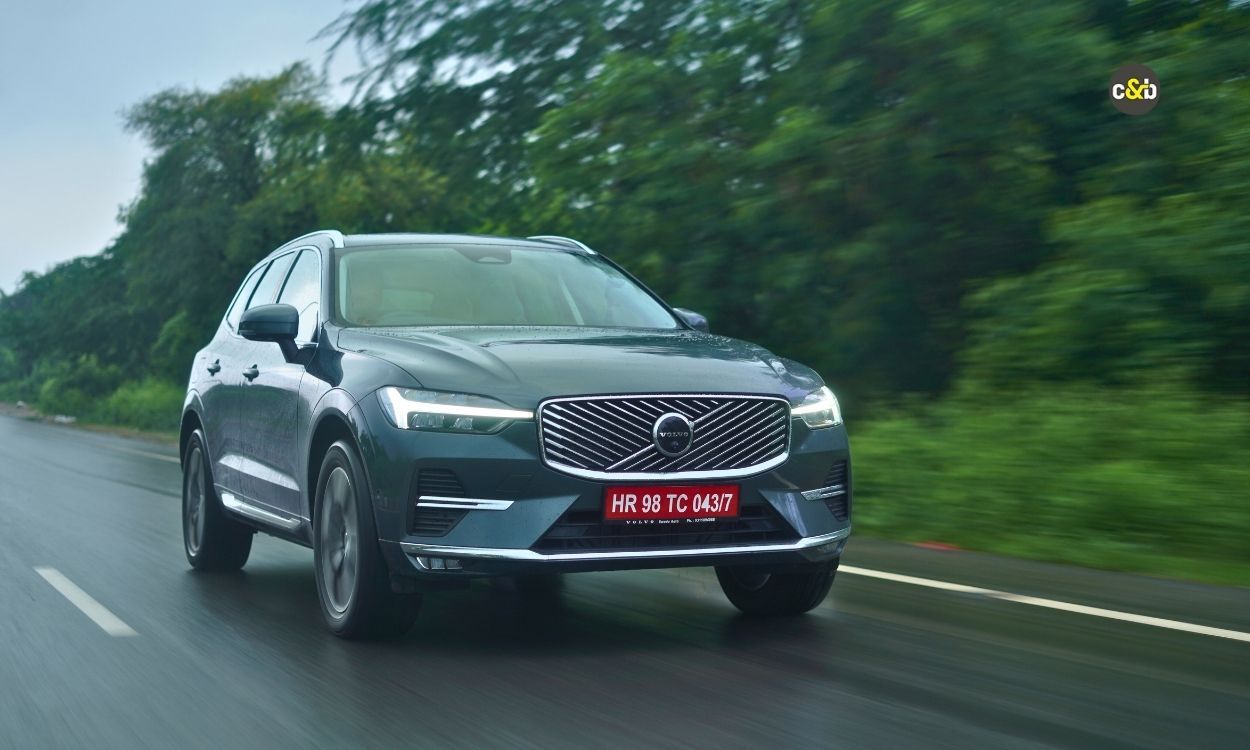ASHBURN, Va. — On April 28, Washington Commanders owner Josh Harris addressed a group of reporters shortly after striking one of the biggest deals in recent franchise history.
Harris — seated in a dark suit alongside D.C. Mayor Muriel Bowser and NFL commissioner Roger Goodell — with a burgundy Commanders pin on his lapel, wore the expression of an athlete who had just won a big game.
Before the questions even began, the Maryland native who grew up a fan of the team he bought from previous owner Dan Snyder for a then-record $6.05 billion in 2023 smiled as he gripped the base of the microphone stationed on the table in front of him and leaned in to speak.
“What an amazing day,” Harris said, before clearing his throat. “It’s a great day in our process to bring the Commanders home.”
Moving away from Northwest Stadium in Landover, Maryland, and bringing the Commanders home was the reason all parties had gathered that day. Hours before, the team and the District of Columbia had announced an agreement to build a new 65,000-seat stadium at the old RFK Stadium site in the city. From 1961 to 1996, it had served as the spiritual home for Washington football’s glory days, hosting teams that won five conference titles and three Super Bowls while becoming one of the NFL’s marquee franchises.
For Harris, who grew up attending games at RFK, bringing Washington back to the site was about reconnecting it to that storied past while also trying to scrub away the memories of the previous 24 years when under the stewardship of Snyder — a period that featured more name changes and congressional investigations than playoff seasons. The April announcement marked a major step toward making that dream a reality.
To use a football analogy, that April deal with the city gave the Commanders’ return to RFK first-and-goal from 10 yards out.
On Friday, the process Harris spoke about was pushed over the line when the D.C. council voted to approve the stadium and plans for the 174-acre site. It will have to vote again on Sept. 17, but multiple sources from both sides with knowledge of the process said that will almost assuredly just be a confirmation of the first vote.
That’s why Harris, Bowser — who has championed this return for more than a decade — the city and Commanders fans are now celebrating a Washington triumph that was almost three years in the making.
The new stadium, which will open in 2030, will represent the next — and perhaps most long-lasting — step in the franchise’s renaissance under Harris and his ownership group, which is why Harris looked so pleased when speaking to reporters alongside Bowers and Goodell last spring.
“For me, it’s memories,” Harris said. “Some of my happiest days were cheering for the old team watching the Super Bowls, watching the greats. For me to be able to allow for the city to have the same excitement I had growing up that we’ve been missing for so many years. That’s what it comes down to. It’s an amazing feeling.”
Here is a timeline of how Washington’s RFK return became a reality:
Nov. 2, 2022: The Snyders’ bombshell announcement
Two weeks after saying they had no reason to consider selling the Commanders, owners Dan and Tanya Snyder pivoted — hard — amid pressure from fellow NFL owners to do so.
The announcement of their intentions to sell the franchise was the biggest catalyst, sources from both sides with knowledge of the process said, for the franchise’s eventual return to RFK.
When asked if the team and city would be in this position had Snyder remained in charge, one council member offered a simple answer: “Nope.”
Snyder had not developed relationships with the D.C. government during his time as owner.
Bowser told ESPN in December that “there were a lot of objections raised to the previous ownership and the direction they took the team.”
Multiple former team officials said Maryland remained a strong option for a new stadium, even with Snyder, and Virginia would have worked with him, too. But getting to the district was not an option with him as an owner, according to team, city and council sources involved.
Nov. 9, 2022: A House overhaul changes Washington’s fortunes
A change in leadership in the U.S. House of Representatives opened the door for progress on the stadium site.
The House Oversight Committee, which had been led by the Democrats, had spent the previous year investigating the organization for its workplace culture under Snyder, but the tide turned when Republicans won the House on Nov. 8 and James Comer (R-Kentucky) became the chairman of the committee, which oversees D.C.
“The Dems’ version of Congress was a nonstarter for us going to Capitol Hill,” one former team official said. “A new session of Congress with the prospects of a new owner freed from the entanglement of Congress, we had a real clean slate.”
Washington team officials began meeting with members of the House Committee on Natural Resources as well as the Senate Energy and Natural Resources Committee. Meanwhile, Comer and Bowser developed a strong relationship. During their first meeting, Bowser informed him of her plans to revitalize the RFK site, which of course included a stadium.
After the hearing, Comer told Bowser he would help her get a new “arena” built, but he meant a stadium.
“That location has sat deteriorating over years,” one oversight committee aide said. “It was a good opportunity to revitalize that vacant land; there was a push there at the time because of taxpayers’ maintenance costs on that land. It was an opportunity to get that off the books.”
In July 2023, Comer introduced a bill, co-sponsored by Rep. Eleanor Holmes Norton (D-D.C.), to do what the mayor had wanted: bring the Commanders back to the city. Comer remained involved throughout the process.
July 21, 2023: Josh Harris buys the Commanders
Within a week of buying the team, Harris met with Bowser in her office, along with minority owners Mitch Rales and Mark Ein and their former vice president of public affairs, Joe Maloney, as well as Bev Perry, a senior adviser to the mayor. Rales and Ein had done numerous business dealings in the district over the years, and were well known and respected.
But as one person in the meeting said, they weren’t there to start brokering a stadium deal. The meeting, which lasted nearly an hour, was described as more a listening session for Harris as Bowser discussed her love of the franchise and her desire for the team to return.
One participant said the vibe was “warmth, enthusiasm, excitement. It felt like everything you hoped for and wanted in that moment happened.”
After that session, Harris, Ein and Rales went to D.C. Council Chairman Phil Mendelson’s office for another meeting. Their goal, multiple sources present said, was simply to start developing relationships.
Bowser said Harris’ arrival — plus the team finally winning — would lead to strengthened support by district residents for a stadium. She said residents were “supportive of the team itself with the new leadership.”
Dec. 21, 2024: A congressional Hail Mary gets completed
Two months after completing a Hail Mary to beat the Chicago Bears, the Commanders benefited from another one on Capitol Hill. This time, instead of an NFL opponent, they defeated the aftereffects of an Elon Musk tweet.
Congress was going to lease the federal land where the stadium would be built to the city for 99 years. It was going to be included in a continuing resolution bill that Congress would vote on later in the week. But, on Dec. 18, Musk retweeted a tweet that included a headline about $3 billion for a new stadium in D.C. Musk said in his retweet, “This should not be funded by your tax dollars!”
No federal money was ever part of the package. The damage, though, was done.
“It almost killed the whole thing,” one former team official said. “We thought it was dead. [Congress members] knew it wasn’t true, but there was so much heat around this. People were saying, ‘Sorry, it’s not worth it.'”
That led to, as this official called it, a week of political whack-a-mole as they tried to get the land transfer restored to the CR bill. The Commanders had “three or four” people on Capitol Hill lobbying for its inclusion. They did not have the owners visiting senators, fearing the visibility of billionaires lobbying politicians would add more fuel to Musk’s tweet. But Harris and Ein did make calls to those with whom they had a relationship.
With 24 hours left before Congress adjourned, the Commanders pivoted from the CR bill to trying to pass it through unanimous consent — 100 senators would have to be in favor. Just one objection and their RFK quest would die.
“A lot of last-minute deals to make sure people didn’t show up to say, ‘no,'” one high-ranking team source said.
Comer was headed home, but he phoned U.S. Senator Mike Lee (R-Utah), who was a potential holdout, from Baltimore/Washington International Airport. Comer explained why he thought it was a “good conservative bill” and why he led it, one source with knowledge of the committee’s dealings said.
Around 1:15 a.m. on Dec. 21, Senate Majority Leader Chuck Schumer, D-New York, introduced the D.C. Robert F. Kennedy Memorial Stadium Campus Revitalization Act on the floor. He asked for it to be passed by unanimous consent. A number of other unanimous consent proposals failed that night.
This one did not.
“It was like must-watch TV,” a House oversight aide said. “I don’t think I ever watched the senate floor at 2 a.m. before, but it was definitely one moment I look back on and will remember for a very long time.”
April 28, 2025: ‘Going home’
After months of talks, one of the worst-kept secrets was announced to much pomp and circumstance: The team and the city had struck a deal for them to build a stadium. A news conference with several hundred people featured Bowser, Harris and Goodell. Music played. Burgundy and gold was visible throughout the room; highlights from Washington’s past at RFK Stadium played on a large screen. Multiple past dignitaries, including Pro Football Hall of Fame coach Joe Gibbs, attended.
The team said it would invest $2.7 billion to build the stadium; the city would chip in $1 billion through various means to develop the 174-acre property — with housing, a sports complex and retail shops.
“Without exaggeration,” Harris said, “this will be the best stadium in the country when it’s built.”
“To have a stadium that brings their team back into D.C., that’s a really big step and something that’s been great for the NFL,” said Goodell, who also used to attend games at RFK Stadium.
Washington senior adviser Doug Williams, who became the first Black quarterback to win a Super Bowl when he led the franchise to a title after the 1987 season, added, “We’re bringing the stadium back where it should be. It’s just like going home.”
July 20, 2025: The commander in chief threatens the deal
President Donald Trump threatened to intervene and force the Commanders to change their name back to their original one or he’d scuttle the stadium deal.
The team did not want to comment on his statements, and the mayor took a diplomatic tone. Sources from the team, the mayor’s office and the council echoed the same refrain: Nobody wanted to test Trump’s resolve on this issue. They only wanted to get the deal approved. Bowser had developed a working relationship with Trump, having flown to Mar-A-Lago in January and attended a news conference in May to announce the NFL holding the 2027 draft in D.C.
“I’ve had the opportunity to speak on a couple of different occasions with the president about this site and about our team,” she told ESPN last month. “And I can say this without equivocation: He is a Jayden Daniels fan, and he said himself, and the presser we were at, that this is probably the best site of any site he’s seen for a stadium. I have to think that that’s what I’ve heard him say, and that’s what we’ll stick with.”
July 23, 2025: D.C. council paves way for Aug. 1 vote
Council chair Mendelson reached an agreement with the Commanders to alter the financial terms of the stadium deal, which one member of the organization called “a significant step.” Mendelson said the revised agreement would net the city around $779 million, whether from profits or savings. Mendelson had long expressed concerns, but this agreement paved the way for the first vote on Aug. 1.
It came after more relationship-building. On June 30, Ein and team president Mark Clouse met with eight members of the D.C. council in an upstairs room at Café Milano in Georgetown.
One council member said they did not discuss specifics of the deal. However, that person said, it became obvious that “this was not a regular run-of-the-mill transaction” they were involved in.
“They have a soul tie to the district. For me, that was the first time I was like, ‘OK, you’re not just jerking us around like, “We’re also talking to Virginia or Maryland.”‘ It was very clear this is where they wanted to be and had a lot of reasons for it; a lot was tied to personal commitment to the city and memories,” they said.
July 29-30, 2025: Public hearings; the deal gets amended
At the first public hearing for the stadium proposal, more than 500 residents signed up to testify — one committee member said they couldn’t recall a larger group. Mendelson grilled Bowser and Clouse on the terms of the deal. Eventually the deal was amended, and Mendelson said the new agreement would net the district $674 million more over the next 30 years. He said another $55 million in savings would come from restructuring how the debt was financed.
After the first hearing, he told reporters he felt there were the necessary eight votes to pass.
Aug. 1, 2025: The decisive vote
The D.C. council approved building a stadium at the RFK site by a 9-3 vote (it needed a two-thirds majority). It still has to vote again Sept. 17, but one person close to the situation said that, in their decade-plus of working for the council, they have not seen a second vote go a different way from the first.
Multiple sources with the team and council said the council has told the team it can proceed with its planning after this vote, knowing September would serve as a period at the end of a sentence.
Some council members said they were driven by the fear of what would happen to the property if they didn’t vote in favor of this proposal. There was no alternative plan in place to consider, and they worried another wouldn’t come to fruition for a while.
“Congress gives the land and we spend a quarter of it doing nothing?” this member said. “We have something to prove to members of Congress who put their political capital on the line. The alternative is we’re still talking about this land in 10 years.”
Instead, they’re now talking about a franchise returning to where it had its best seasons. Washington pushed for a vote this summer because, as much as the team wanted to return to this site, it also wanted to open the stadium by 2030 so it could be in consideration to host the Women’s World Cup in 2031.
After what the franchise and city went through to reach this point, anything is possible.

